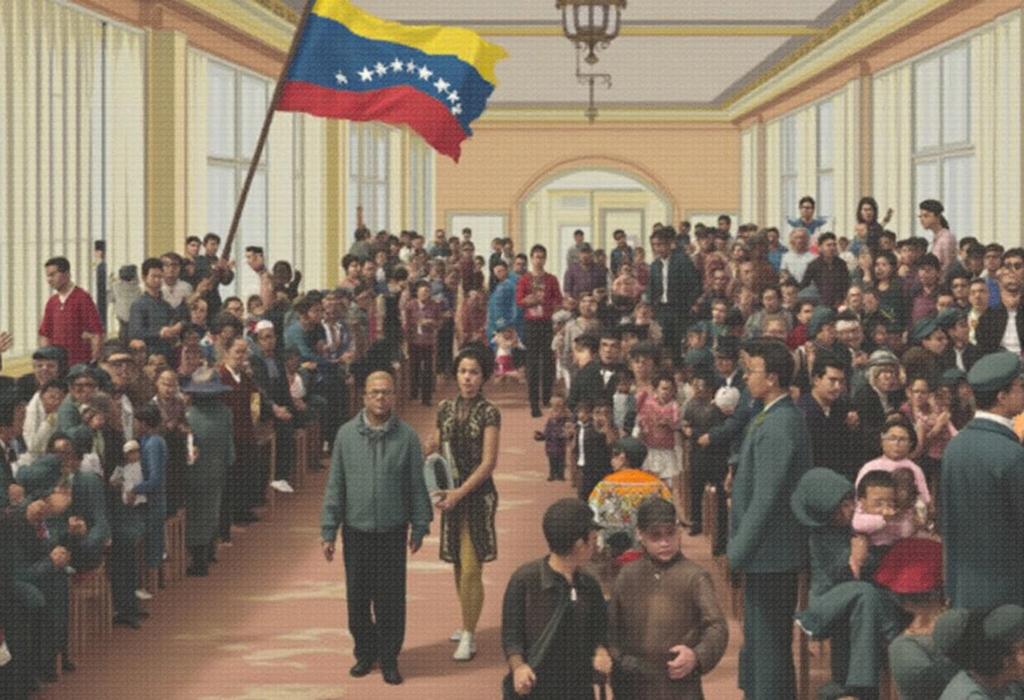In a recent ruling, the Supreme Court has placed an injunction on the deportation of Venezuelan nationals detained in Texas' Bluebonnet Detention Center, as per a case brought forth by the American Civil Liberties Union (ACLU). This latest decision illustrates the ongoing legal challenges to the Trump administration’s aggressive overhaul of the U.S. immigration system. The ruling halts the administration's attempts to remove these individuals while the case remains under judicial review. Trump's legal team has opposed the suspension, defending their actions by asserting they provided adequate notice to detainees and the necessary opportunity to file habeas claims. They argue that if the deportations are to be limited, they should only affect future removals and not those already in process.
This order is emblematic of the judiciary's role in moderating the executive's power, especially concerning immigration policies that have often been characterized by allegations of being rushed and lacking due process. Specifically, comments made by officials from the Trump administration indicate urgency in the deportations, referencing the designation of the Tren de Aragua (TdA) gang as a foreign terrorist organization. However, critics argue that labeling and deporting individuals based merely on gang affiliations or allegations can be a slippery slope towards violating civil rights, particularly if due process is compromised.
Among the detainees are individuals like Henry Jose Romero-Gonzalez, who faces multiple criminal charges and has notable tattoos associated with gang affiliations. The details provided by the White House also mentioned other alleged gang members with varying criminal backgrounds. While Trump's administration is focused on removing these suspects to ensure public safety, the complexities surrounding immigration procedures necessitate a discussion on justice and fairness. Each case's individual circumstances must be weighed against broad-brush immigration policies.
The case has broader implications for how immigration laws are enforced, particularly amid a growing sentiment that strict enforcement may lead to human rights issues and undermine the country's foundational legal principles. This discourse begs the question of how the U.S. balances national security concerns with adhering to humanitarian obligations towards asylum seekers and immigrants.
AD
AD
AD
AD
Bias Analysis
Bias Score:
70/100
Neutral
Biased
This news has been analyzed from 24 different sources.
Bias Assessment: The article carries a bias score of 70 due to its framing of the Trump administration's policies, showing a clear support for judicial intervention against executive deportation actions. The inclusion of language that describes the administration's actions as rushed and lacking due process suggests a critical stance. Additionally, while it provides specific details about individuals’ alleged criminal backgrounds, the lack of counter-arguments from the administration’s perspective may indicate a slant towards prioritizing civil liberties over stringent immigration enforcement.
Key Questions About This Article




